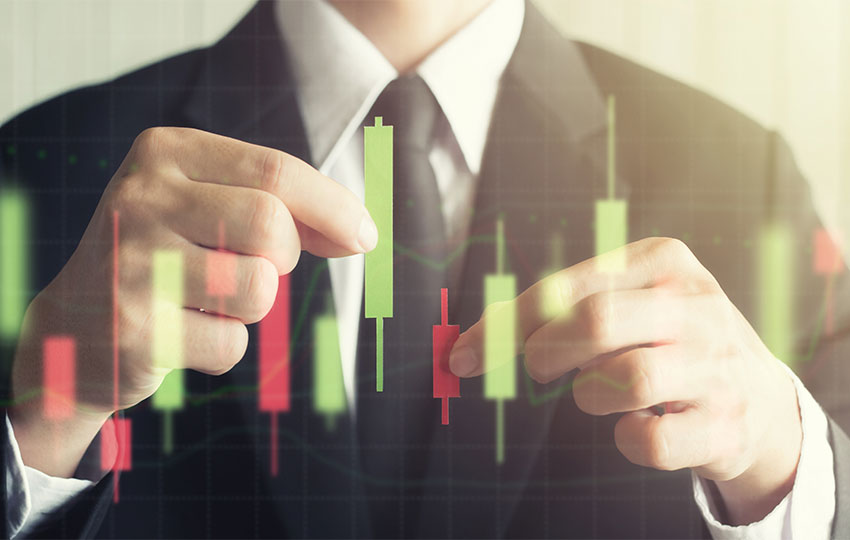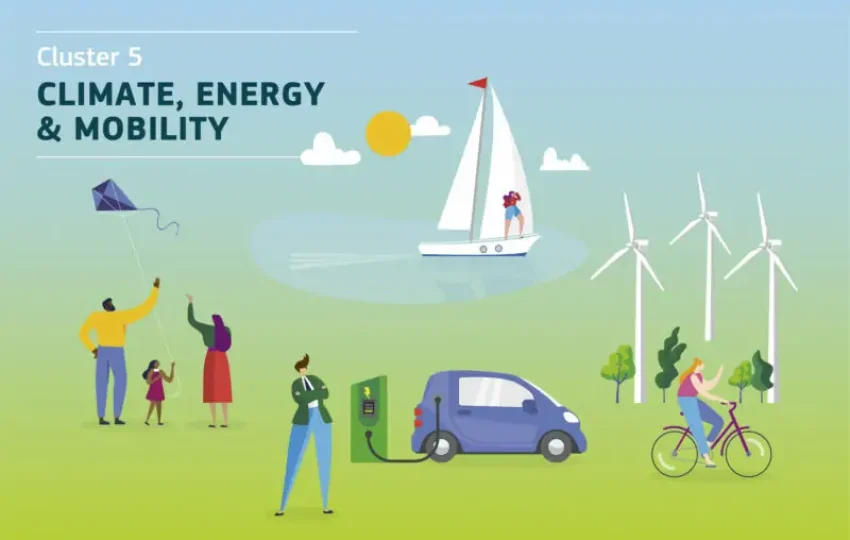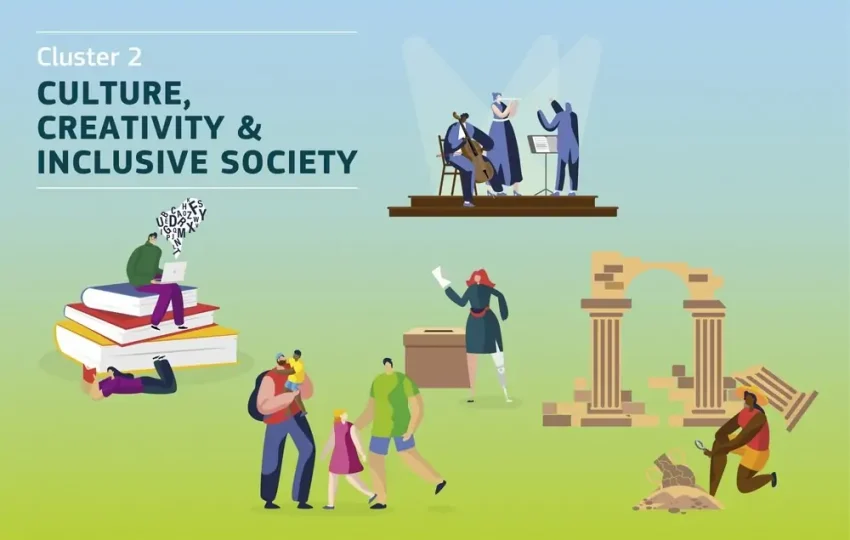Green Economy is a concept growing larger and larger as time goes by. The nature of this type of economy promotes a healthy way of labor market operations all focused on environmental sustainability and the prevention of maleficent outcomes due to the overuse of natural resources.
A definition of Green Economy is an environmentally clean and friendly economy aiming to promote the well-being of the environment and the health of the people of this planet. There are some key actions that help boost the results of the Green Economy as well as make it the core type of economy for businesses on a worldwide level.
Sustainable development is the first step to achieve Green Economy. The key is to start growing economies in a way that will benefit the environment. At the same time, growing economies should not under any circumstances undermine social justice and equity.
Is Green Economy hard to implement?
This is a valid question, seeing as many industries are still not yet willing to pass to a Green Economy system. The idea behind Green Economy is to cover present needs while at the same time, set foundations for future threats to be eliminated.
This type of economy is not completely ignoring the old system used up until this point. On the contrary the old system act as the very foundations on which Green Economy is built. The idea is to start making choices by acknowledging the full cost of actions and not just the financial cost.
This is where things get stuck from time to time. Although Green Economy can guarantee financial profit which grows in the longterm, it can be substantially lower than what they are making at this time. In most cases, and if organized correctly, this does not constitute a problem for businesses. It is however not a particularly pleasant process for many business owners, especially those who have been in the labor market for a long time.
The EU Green Deal
On a European level, moving on to a Green Economy system is slowly becoming more than just a choice. It is becoming a necessity. And we do notice that the EU is already taking action towards the accomplishment of that goal.
The most significant action taken by the EU is the European Green Deal. This new European plan aims at making the European economy sustainable and completely gree by the year 2050. The plan is not starting small. With an initial investment of 1 trillion euros, the European Green Deal will provide actions to:
- Boost the efficient use of resources by moving to a clean, circular economy.
- Restore biodiversity and cut pollution.
To accomplish these goals, all the different sectors of the European economy will need to take specific actions. These actions will include:
- Investing in environmentally-friendly technologies.
- Supporting industry to innovate.
- Rolling out cleaner, cheaper and healthier forms of private and public transport.
- Decarbonizing the energy sector.
- Ensuring buildings are more energy efficient.
- Working with international partners to improve global environmental standards.
The European Green Deal will highly affect Green Economy on a Pan-European level. More and more businesses are now entering an EU project mode, meaning that they are starting to make changes, aiming not only at the well-being of their employees and the business but also the proper and sustainable use of natural sources.
In the years to come, we will notice massive changes in both EU funding and on the European labor market.


